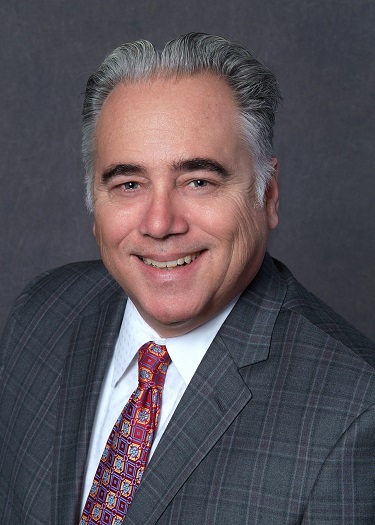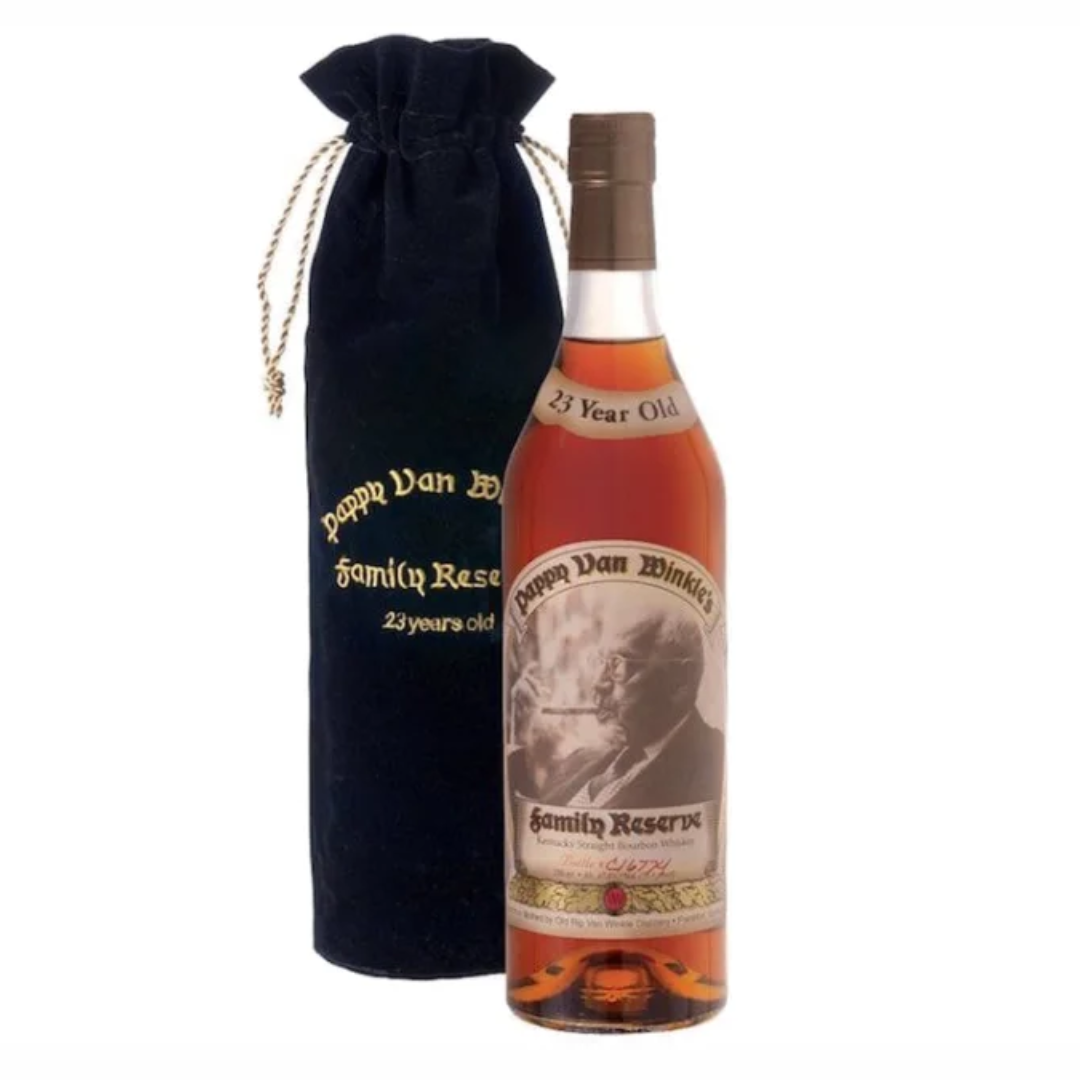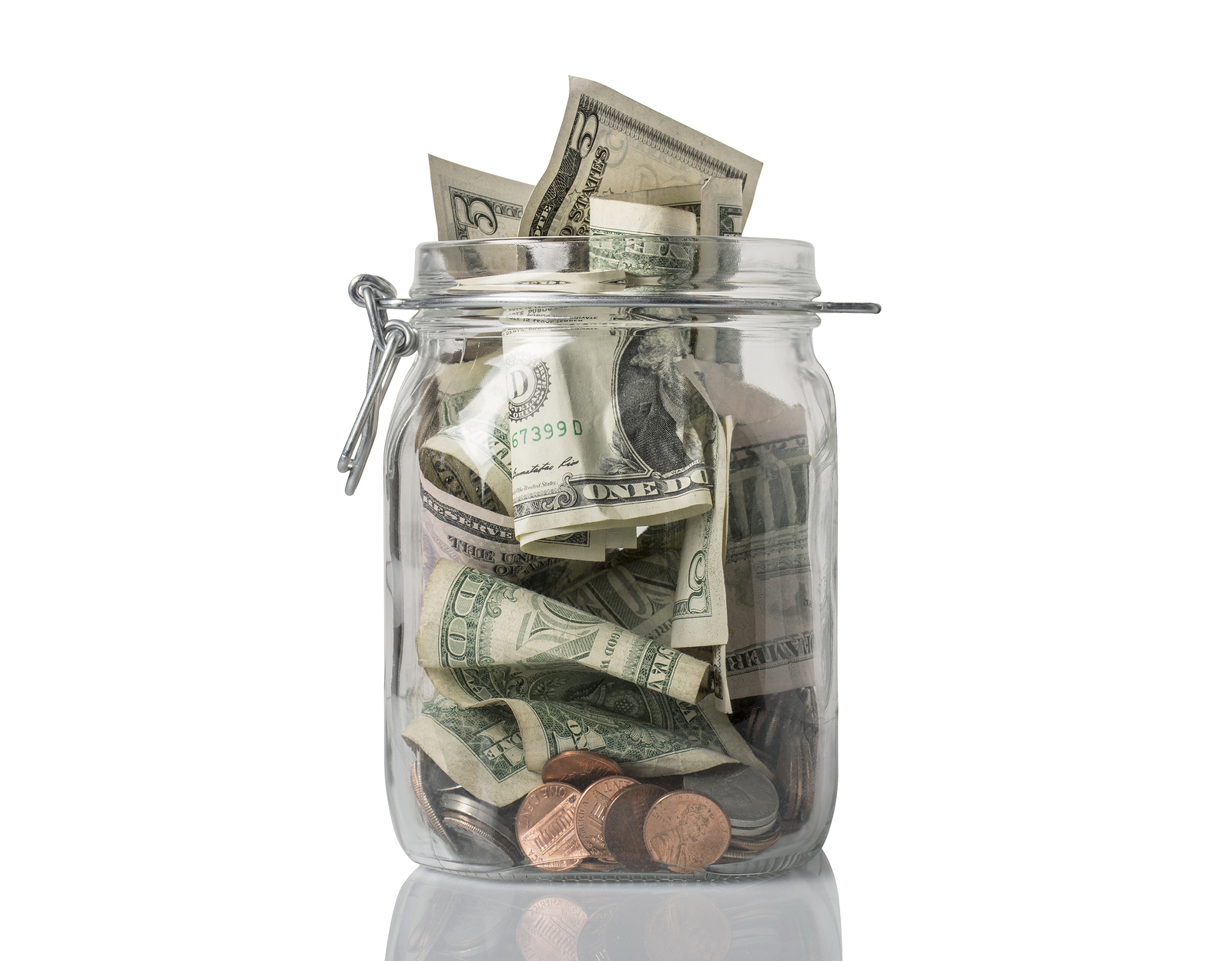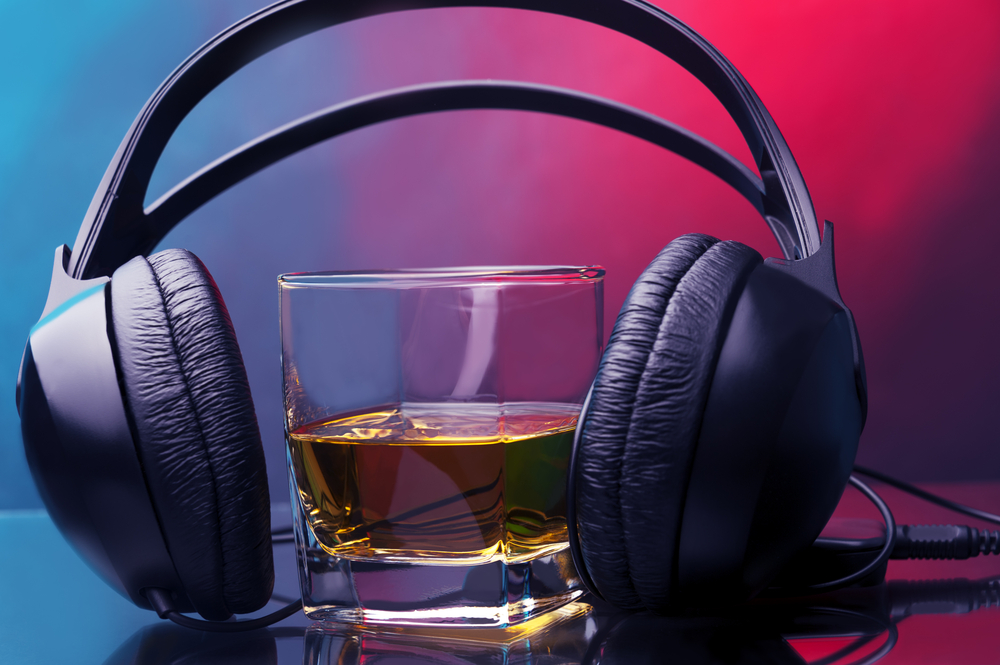Impacts of COVID-19 Violations on Liquor Licenses in Pennsylvania
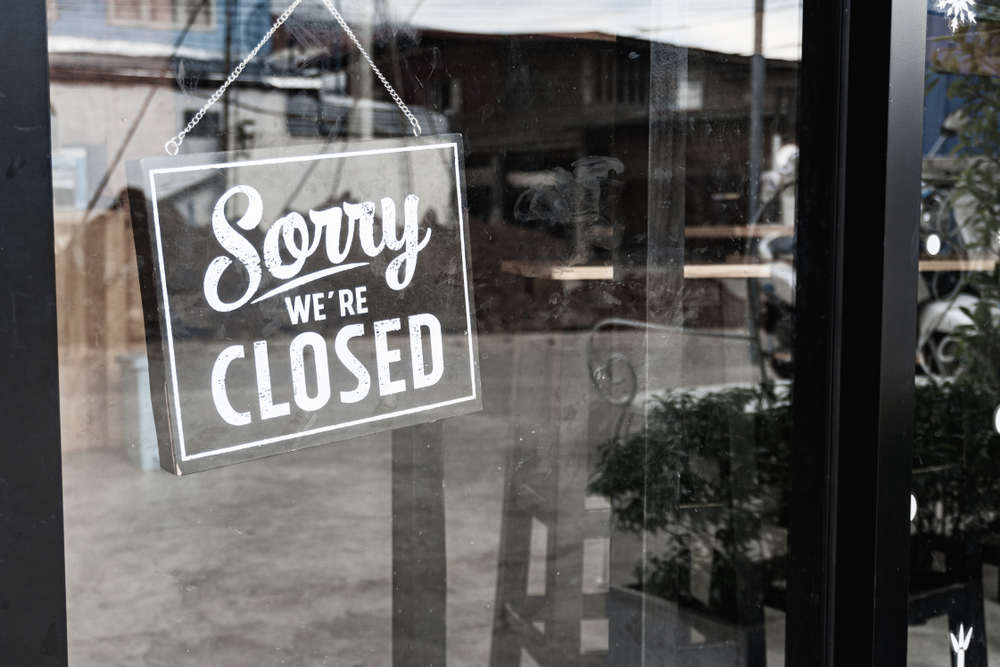
Across our commonwealth, restaurants have faced enforcement efforts from different agencies charged with enforcing orders directed at combatting the COVID-19 pandemic. As infection rates have changed and health and government officials learned more about COVID-19, initial closure orders deemed “mitigation efforts” have morphed into myriad orders, guidance, and advisory notices, all difficult to interpret and sometimes conflicting. While Gov. Tom Wolf’s office has certainly led in issuing mitigation orders, the state’s Department of Health, the Liquor Control Board, and even the Department of Community and Economic Development have issued guidance and advisory notices. All these orders and guidance caused a significant debate about health and safety protocols and have forced restaurants to make difficult decisions that could have long-lasting business consequences.
Pennsylvania Liquor Licenses
Mitigation orders have focused mostly on indoor occupancy restrictions, outdoor dining qualifications, and strict closures permitting only takeout. Other mitigation efforts fostered more rigorous debate over the rational basis for requiring a meal when consuming alcoholic beverages, prohibiting bar seating, and ceasing alcohol service after 11 p.m. While gallows humor elicited satirical commentary that hot dogs must be the magic elixir to defeat COVID, and COVID was more contagious after midnight, the stark reality is this is no laughing matter.
The Pennsylvania State Police has its own enforcement agency, the Bureau of Liquor Control Enforcement (PSP-BLCE), which is charged with enforcing laws, rules, and regulations of the Pennsylvania Liquor Control Board (Pa.L.C.B.). In his orders, Wolf has specifically called upon the PSP-BLCE to enforce orders pertaining to establishments that have been issued liquor licenses. While liquor licenses are a form of a property right between private individuals and financial institutions, they are a privilege between the license holder and the Pa.L.C.B. Accordingly, liquor-licensed establishments are uniquely in the crosshairs of enforcement unlike other businesses in the commonwealth, including restaurants without liquor licenses.
Liquor licensees have had to make agonizing decisions concerning their own operations as public debate raged over the enforceability of the orders, and the public health crisis turned into a political debate, exacerbating matters. Restaurant owners who had poured their life savings into their businesses found themselves in dire straits, with added concern over the effects the situation was having on their employees. Some defied the orders, seeing the issuance of a citation and fine as the lesser of evils. When infection rates surged, others believed it was their civic duty to protect the community and strictly followed the governor’s orders. This created a difficult landscape for the commonwealth’s enforcement agencies, and many enforcement actions have been initiated.
These enforcement actions have been progressing in the court system and the independent system that adjudicates citations issued against a liquor licensee. When the PSP-BLCE issues a citation, the case proceeds before an administrative law judge, an unelected official who acts as an authority independent of the Pa.L.C.B. Liquor licensees can challenge the citation through an administrative hearing or can resolve the citation by offering a recommended sentence and “admit and waive” the citation, which prevents the liquor licensee from pursuing any appeal. The liquor licensee has a right to appeal any unsuccessful challenge to the Pa.L.C.B. and then to the local Common Pleas Court, which would hear the case de novo. Health agencies can also play a role in the enforcement of mitigation orders.
COVID Violations
The Lebanon County Common Pleas Court rejected a local health department’s citation against a restaurant, but that restaurant did not have a liquor license, so that ruling provides little guidance to enforcement measures against restaurants with liquor licenses. Also, any health department can suspend a health license, and it is a clear violation of the Liquor Code for a liquor licensee to operate without a health permit. In fact, a 2016 amendment to the Fiscal Code, Section 1799.6-E, allowed the Pa.L.C.B. to immediately suspend a liquor license if the licensee had no health permit. The PSP-BLCE can also cite the licensee for not maintaining a valid health permit, in addition to other citations it can issue for violation of the governor’s orders.
Under current law, violating the governor’s or other agencies’ mitigation orders was not subject to the enhanced penalty provisions of Section 471(b) of the Liquor Code. Enhanced penalties are mandatory in cases like sales to minors or visibly intoxicated persons, bringing a minimum $1,000 fine and possible suspension or revocation. Violations of COVID protocols limit fines under $1,000. While these moderate penalties began in the $500 range, recently, Administrative law judges have mandated fines closer to the $1,000 limit. Unfortunately, these fines may not be the only impact upon a restaurant’s liquor license. While the hope of vaccine distribution is on the horizon, adjudicated COVID violations may continue to haunt liquor licensees.
All liquor licenses must be either renewed or validated on a yearly basis. A renewal of a liquor license occurs every two years, while a validation occurs in the year when the renewal is not due. Under Section 470 of the Liquor Code, the Pa.L.C.B. has the discretion to object to and refuse the renewal of a liquor license. Specifically, the director of the Licensing Bureau of the Pa.L.C.B. may object to the renewal if the licensee has received one or more adjudicated citations or the licensed premises no longer meets the requirements of the Liquor Code or the Pa.L.C.B. regulations. Generally, Pa.L.C.B. refers to the above issues as abuse of licensing privileges and will schedule the licensee for a hearing to determine whether they should retain their license privileges.
In 1990, the Pa.L.C.B. instituted the Nuisance Bar Program. The program was created as part of the Pa.L.C.B.’s authority under Section 470 of the Liquor Code to refuse to renew the license and sought information from local communities, law enforcement partners, government authorities, and the General Assembly to help eliminate “problem bars” from communities. Whether through the Nuisance Bar Program or its authority under Section 470, the Pa.L.C.B. typically objects to more than 150 licenses annually, and the program has been able to deny licensed authority to restaurants and bars when local police or governmental powers have been unable to do so.
If a licensee has received two or more adjudicated citations in a license period, the Pa.L.C.B. will take interest and, potentially, object to the license renewal. Upon the Pa.L.C.B.’s formal objection, a hearing will be scheduled before a hearing examiner. A hearing examiner differs from an administrative law judge and is designated by the Pa.L.C.B. to conduct a hearing at which the Pa.L.C.B. and the licensee can call witnesses and offer evidence. The hearing examiner reviews all the evidence and makes a recommendation to the Pa.L.C.B. on whether they should grant or refuse to renew the license, or in some instances, recommend granting of the license, but with additional conditions attached.
Ultimately, the Pa.L.C.B. decides whether to grant or refuse the license renewal or to offer the licensee a conditional licensing agreement, which is an agreement between the board and the licensee that attaches additional restrictions on the license. The licensee has the right to appeal the refusal to grant renewal of the liquor license to the local Common Pleas Court and, like the adjudications of an administrative law judge, those appeals are heard de novo.
Impacts of COVID-19
PSP-BLCE has issued numerous citations for COVID violations, and administrative law judges have adjudicated those citations. Some of the citations will proceed to hearings, and many of those cases have yet to be heard and adjudicated. Any restaurant, bar, tavern, club, hotel, or similar retail licensee that has received more than one adjudicated citation and paid the fines could very well find the monetary fines to be the least of their worries. Whether it is this fall or sometime next year, most public health experts expect some return to normalcy after vaccine implementation and, hopefully, normalcy will bring relaxation or a complete end to the mitigation orders that have devastated the restaurant and hospitality industry. Unfortunately for the liquor licensees and the Pennsylvania restaurant and hospitality industry that have incurred multiple citations for COVID violations, the Pa.L.C.B. could review citation records two years from now, and decide that certain restaurants have abused licensing privileges, and deny their license renewals.
In some counties, liquor licenses trade for several hundred thousand dollars, and the denial of the renewal of their license nullifies the significant investment the restaurant has made into its liquor license and a primary source of income; but again, a liquor license is a privilege granted by the Pa.L.C.B. and not a property right, which may have other due process considerations. While the mitigation orders, guidance, and advisory notices may be confusing, repeated violations could ultimately put a restaurant out of business long after the pandemic has subsided.
Reprinted with permission from the February 18, 2021 issue of The Legal Intelligencer. © 2021 ALM Media Properties, LLC. Further duplication without permission is prohibited. All rights reserved.
For information regarding national and state liquor law matters or general manufacturing and distribution advice, please contact our Liquor Law, Licensing, Manufacturing, and Distribution Practice Group: Liquor Law Department Chair Theodore J. Zeller III, Esquire (tzeller@norris-law.com); David C. Berger, Esquire (dberger@norris-law.com) for Pennsylvania and New Jersey retail and manufacturing licensing; or contact our offices at 610-391-1800.
The information contained in this post may not reflect the most current developments, as the subject matter is extremely fluid and constantly changing. Please continue to monitor this site for ongoing developments. Readers are also cautioned against taking any action based on information contained herein without first seeking advice from professional legal counsel. For more topics related to COVID-19, visit our Coronavirus Thought Leadership Connection.

